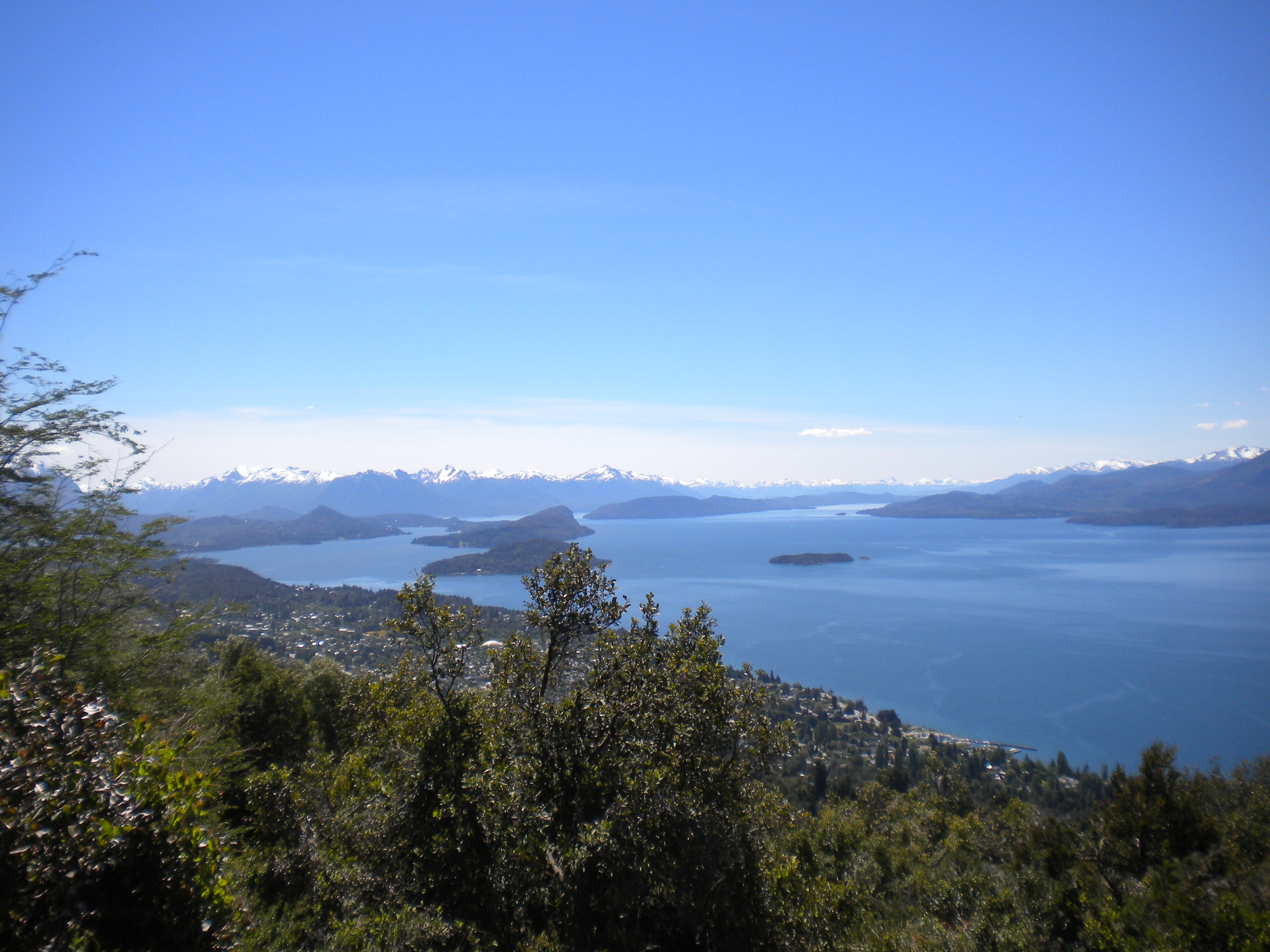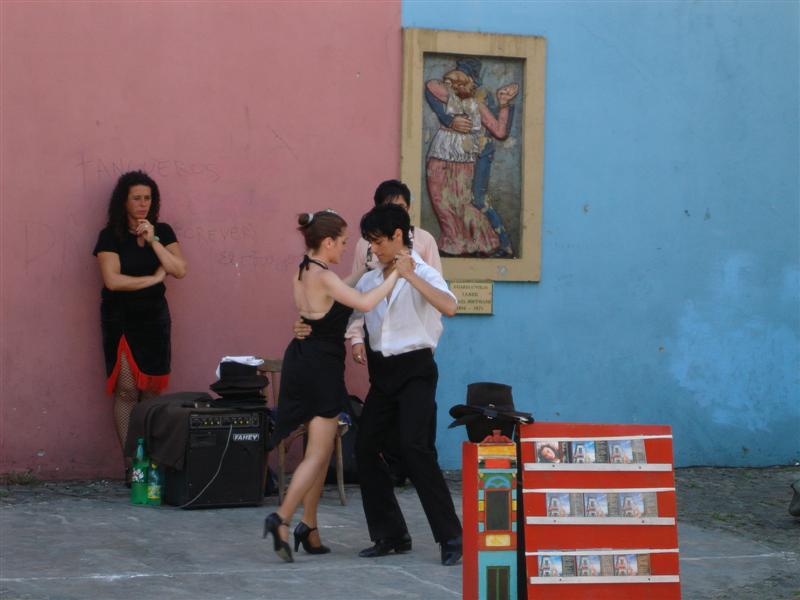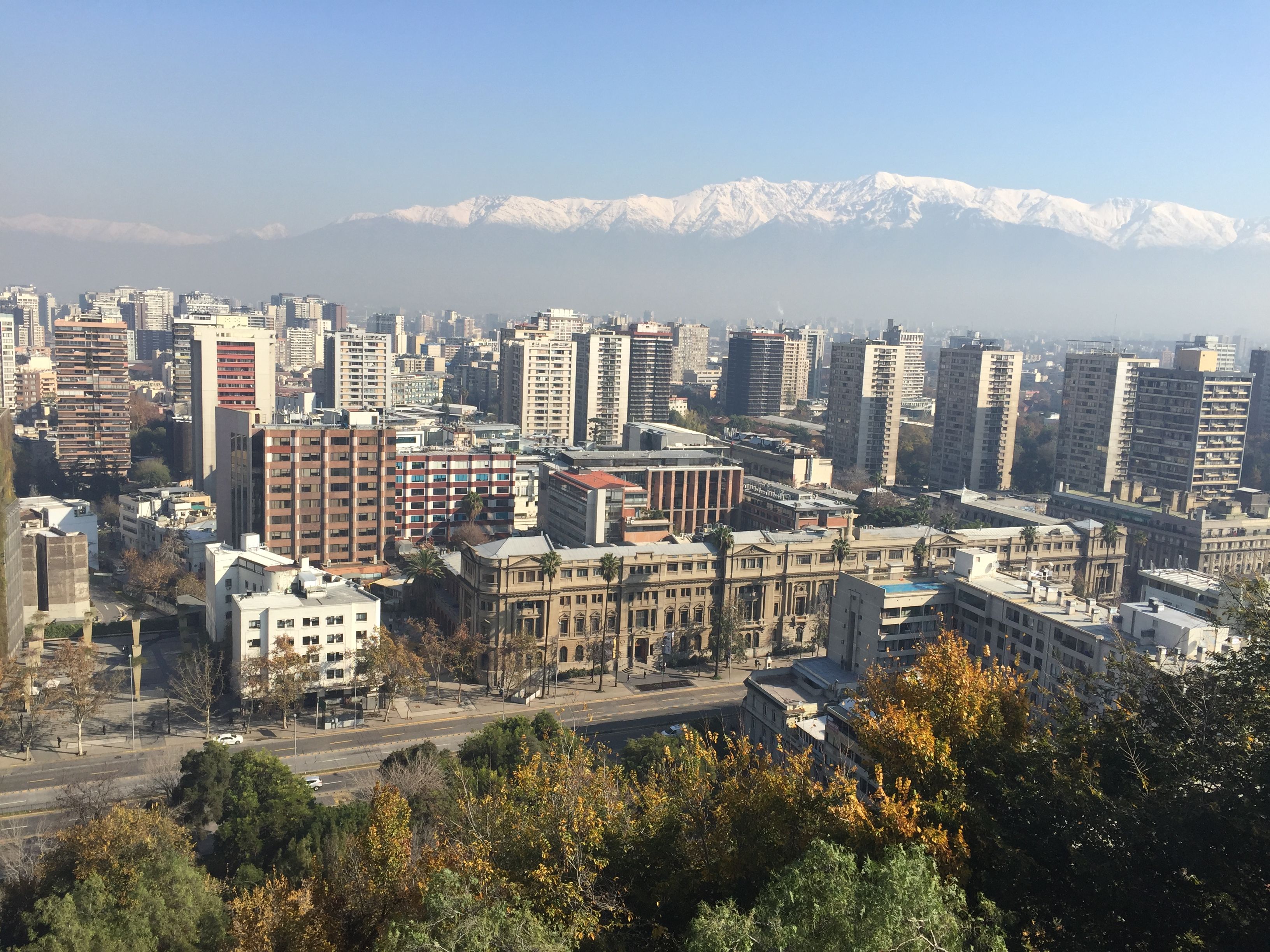Return to the search form Return to your search results
IES Buenos Aires & Santiago Emerging Economies
Fast Facts
Sessions Offered:
Fall, Spring
Location:
Buenos Aires, Argentina and Santiago, Chile
Credit:
Transfer
Eligibility:
2.75 GPA, and must be in good academic standing with the University of Iowa
Application Due:
9/16 for Spring, 2/24 for Fall
Program Cost:
Click the Application tab.
This program is designed for students interested in business, economics, sociology, and political science. It is multi-location and interdisciplinary which allows it to offer a unique comparative perspective of two of the most notable emerging economies in South America. This program is administered by IES, one of the University of Iowa's affiliated partners.
Academic Program
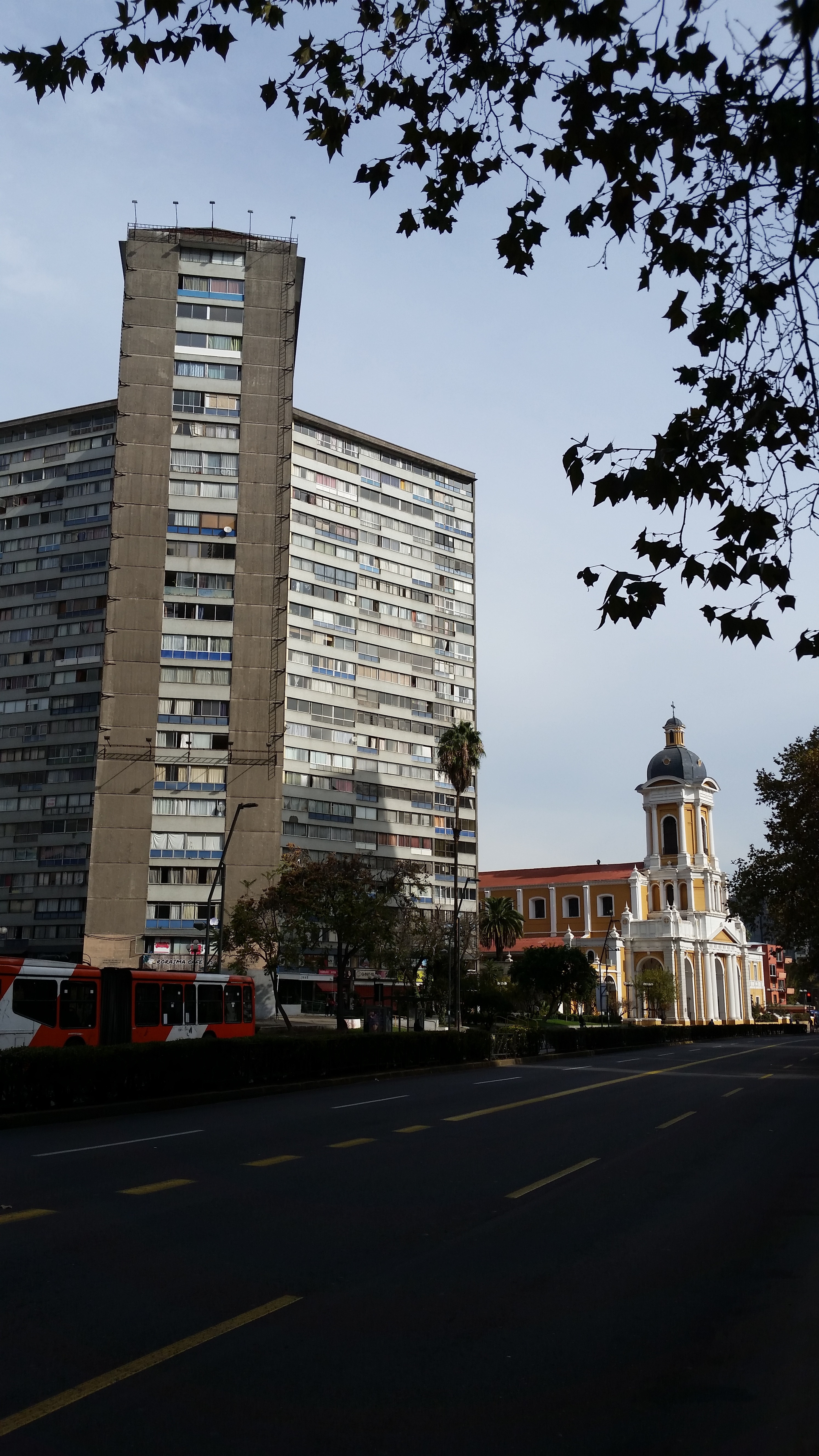
Students will start their studies in Buenos Aires and half way through the program there is a week-long, course-related trip to Peru, and then the last half of the program is spent in Santiago, Chile. Students learn about the accelerated pace of globalization and economic growth in these markets. Both of these economies have their distinct culture, institutions, laws, and business practices which serves as models for both the pitfalls and opportunities surrounding economies in transition within the global marketplace. Throughout the program the course, Emerging Economies: A Global Perspective of the Causes, Consequences, and Challenges in Argentina & Chile sets the framework for the semester.
Students take 16-19 semester hours during the program and all courses are taught in English. An optional three credit Spanish language course is available to support your integration into the host cultures via language learning and runs the entire semester in both locations. IES Emerging Economies: Buenos Aires & Santiago website.
Cultural Activities
In addition to the program related trip, students have the opportunity to visit places such as Luján, Argentina and a local estancia, or cattle ranch, Colonia del Scaramento, Uruguay, and Valparaíso, Chile.
Program Dates
Fall semester runs from late August to early December. Spring semester runs from late February to early June. Students arrive in Buenos Aires and depart from Santiago.
For more information
Steps to Studying Abroad
- Before initiating an application with IES, students must complete a Discover Study Abroad session at the University of Iowa.
- After completing the Discover Abroad session, students must call the Study Abroad office at 319-335-0353 to be assigned to the appropriate study abroad advisor.
- Once assigned, students must meet with their study abroad advisor to receive program application instructions.
Study Abroad
1111 University Capitol Centre
Iowa City, IA 52242
Phone: 319-335-0353
Email: study-abroad@uiowa.edu
Students take their classes at the IES Centers in each country.
Buenos Aires -IES Center
The IES Center is located in downtown and within walking distance of Plaza San Martin and Recoleta Cemetery. The space includes classrooms, a student lounge, library, group study room, staff office and a kitchenette. The center is also equipped with high-speed internet and printer access. The center director is Juan Hudson who has extensive experience living and learning aboard along with teaching in Buenos Aires.
Santiago - IES Center
The IES Center is located in the Providencia neighborhood in central Santiago. This center includes classrooms, a student lounge, library, kitchen & dining area, staff offices, Wi-Fi and remote printer access. María del Carmen Cortés Arce is the center director and is a native of Santiago. Maricarmen has over 30 years of experience with local development activities with government and non-profit organizations.
The Cities
Buenos Aires was first founded on the southern shore of the river Rio de la Plata by Pedro de Mendoza in 1536, but the settlement was abandoned by 1541. Juan de Gray sailed south on the Parana River from Asuncion and reestablished Buenos Aires in 1580. Today, the city and surrounding area has a population of approximately 13 million people. People from Buenos Aires are known as porteños, and the majority of porteños are of European decent. It is estimated that 37% of the population are of Italian origins. The climate is characterized by warm summers and mild winters. The warmest month is January with an average high temperature of 87 degrees.
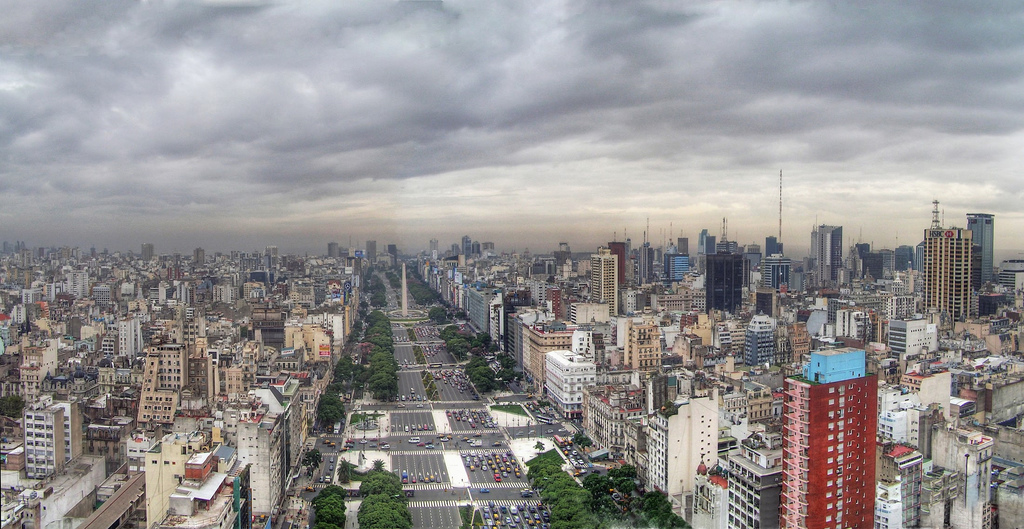
Santiago is located in Chile’s central valley, the city is the capital and the largest city of the country. The capital was founded in 1541 by Pedro de Valdivia and named Santiago del Nuevo Extremo (Santiago of New Extemadura) in honor of St. James, patron saint of Spain. The Mapocho River runs through the city and the Andes Mountains can be from most points in the city. Both the mountains and the ocean can be reached from Santiago within a few hours of driving. Santiago is the cultural, political and financial center of Chile.
The Countries
Argentina
With over a million square miles of land, Argentina is the eighth-largest country in the world, the second largest in Latin America and the largest Spanish-speaking country by land mass. The country is divided into 23 provinces, and one autonomous city, Buenos Aires, which is the federal capital of the nation. Each province and the capital have their own constitutions, but exist under a federal system. Argentina is a multicultural country with a strong European influence that can be observed in its styles in fashion, cuisine, architecture and design.
Chile
Chile occupies a long, narrow strip of land stretching 2,670 miles from north to south, and is located between the Andes Mountains and the Pacific Ocean. At its widest point the country only extends 217 miles. After the founding of Santiago in 1541, Chile became one of the most centralized, homogeneous colonies as it was cut off to the north by desert, to the south by the Mapuche native peoples, to the east by the Andes and to the west by the Pacific Ocean. As the country of Chile developed a ruling oligarchy formed and by the 20th century the situation became politically unstable. In 1973, a military coup lead by General Augusto Pinochet overthrew President Salvador Allende. Pinochet would rule as a dictator for 17 years. Technically, Chile returned to democracy in 1990, and since then its elected official have amended the constitution that was put in place by General Pinochet.
US Department of State Country Information
The US Department of State provides safety and security information for every country of the world to help you assess for yourself the risks of travel. Each country information page contains a Travel Advisory, Alerts, and other important details specific to that country that could affect you.
Pay close attention to the entry and exit requirements, local laws and customs, health conditions, and other details to help decide whether traveling to any given country is right for you. Non-US citizen travelers may also wish to seek guidance from the embassy of their country of citizenship. The UI International Travel Policy for Students addresses restrictions on student travel to high-risk locations and engagement in high-risk activities abroad.
Living Arrangements
For more information regarding housing, please visit IES' Daily Life page and review the Housing section.
Passport
If you do not have a passport, it is important that you apply for one as soon as possible to ensure you receive it before the program begins. US citizens can find more information about how to apply for a passport on the US Department of State’s website.
Important notice for students without a valid passport or whose passport will expire within the next 12 months:US citizens can find more information about how to renew a passport on the US Department of State’s website.
Students with a valid passport should check the expiration date. Passports must be valid for at least 6 months AFTER the anticipated return to the US from studying abroad. If your passport is not valid for at least 6 months after your anticipated date of return to the US, you must renew your passport before applying for the visa you will need to enter your host country.
Expedited processing service is available for US passports (although this still takes several weeks and is at an additional cost). UI Study Abroad encourages students to ask the passport agency at the time of application whether expedited service is recommended.
Non-US Citizens
Students who are not US citizens should contact their consulate for more information if they need to get a new passport or renew their passport.
Travel Arrangements
Participants will make their own travel arrangements to Buenos Aires, Argentina and Santiago, Chile. Students should book airfare to correspond with the arrival and departure dates given by IES for all program locations.
The course related trip to Peru is included in the program fee. Other optional in-country field trips are partially subsidized by IES.
Local Transportation
Both Buenos Aires and Santiago have sophisticated public transportation systems. Student will use the metro systems, buses and/or walk to the IES centers for class.
Eligibility
This program is open it UI students who fulfill the following requirements:
Good academic and disciplinary standing - It is the policy of the UI Study Abroad office that all students who study abroad must be in both good academic standing and good disciplinary standing at the time of their application. Students who, even after being accepted into a program, are put on either academic and/or disciplinary probation for any period of time overlapping with the study abroad program dates are ineligible to study abroad. In these cases, students must forfeit their acceptance and will not be allowed to study abroad. Any student who must forfeit their acceptance and/or attendance on a study abroad program due to a probationary status is wholly responsible for any and all financial expenses incurred.
Cost
Costs charged to the U-Bill
- Application fee (charged at the time of application, before financial aid/scholarships disburse)
- Course Fee- Includes program course fee, tuition, housing, meals, and some cultural activities, and local excursions. (charged shortly before departure)
- University of Iowa Study Abroad Administrative Fee (charged shortly before departure)
- The mandatory Iowa Regents International CISI Health Insurance (charged shortly before departure)
Out-of-pocket costs (not charged to U-Bill)
- Food (paid by student at their discretion while abroad)
- Round trip airfare (paid by student directly to travel agent or airline- approx. 6-8 weeks prior to departure, before financial aid/scholarships disburse)
- Local transportation (paid at student’s discretion while abroad)
- Passport (paid by student prior to departure, before financial aid/scholarships disburse)
- Consular and visa fees (paid by student prior to departure, before financial aid/scholarships disburse)
- Textbooks, copyright permission fees, course packets, and other course-related materials (paid upoon arrival to your host country)
- Medical exam/immunizations (paid by student as needed prior to departure, before financial aid/scholarships disburse)
- Personal expenses and personal travel (paid by student as needed while abroad)
- Rental or purchase of required cell phone- does not include usage fees (paid as needed while abroad)
Cost Sheet
The cost sheet (forthcoming) outlines the total estimated costs associated with participating in this program and can be used for financial aid and planning purposes. They include fees charged on students’ U-Bill as well as out-of-pocket expenses. Actual out-of-pocket expenses will vary from individual to individual. Quoted estimates are conservatively high, yet realistic.
Financial Aid & Scholarships
Most financial aid (scholarships, grants, and loans) is applicable to study abroad programs. Please check the Study Abroad website for information on financial aid and how it may be applied to studying abroad. You are also encouraged to speak with someone at the Office of Student Financial Aid to explore financial aid options. Scholarship opportunities exist for study abroad participants. Please explore Study Abroad’s websites for UI Study Abroad Scholarship Opportunities, and Non-UI External Awards.
IES has a scholarship available to University of Iowa students IES Public University Grant.
Please visit the IES Study Abroad Scholarships & Aid web site to find out more about IES scholarships.
How to Apply
Interested students should make an appointment with the designated UI Study Abroad advisor to discuss the program and the application process. Appointments can be scheduled by calling 319-335-0353. During the appointment, the advisor will provide full application instructions. Note: Application materials will not be reviewed unless a student has already met with the advisor to discuss the program.
The application process consists of the following steps:
• Complete the UI Online Application for Study Abroad. Please note that the non-refundable $50 application fee will be charged to your U-Bill as part of this online application.
• Complete the IES Online Application.
Application Deadline
Applications for the Fall session are due on February 24.
Applications for the Spring session are due on September 16.
Preparation
It is highly recommended that students review the following information:
Health & Safety Planning
Visa
Orientation
In order to prepare for your time abroad, you are required by the University of Iowa to complete two orientations. In addition to orientations provided UI Study Abroad, IES may have other required pre-departure orientations and information. Please see below for more information.
Online Education Abroad Pre-Departure Orientation
You are required to complete the International Programs online “Education Abroad Pre-Departure Orientation” course distributed through ICON prior to departure. This orientation is mandatory for all students going abroad under the auspices of the University of Iowa. It covers many practical matters about living overseas, such as health and safety, communication, money, goals and much more. You will be enrolled in this course by International Programs and an email will be sent to you once enrolled. If you have any questions you can email safety-abroad@uiowa.edu
Program-Specific Orientation
This orientation will be facilitated by your study abroad advisor and will cover content specific to the University of Iowa including, but not limited to, billing, insurance, the Credit Approval Form (CAF), and transcripts. It could be conducted in a group setting or one-on-one depending on the type of planned activity abroad. Your study abroad advisor will send you more information about this mandatory in-person session.
IES Orientation
Students participate in a comprehensive mandatory orientation program that focuses on known health, safety, and security risks for the host cities, countries, and region, and how to best avoid or mitigate them. Students are provided with detailed information and written materials that include resources such as local emergency numbers, and specific instructions regarding various health, safety, and security issues.
